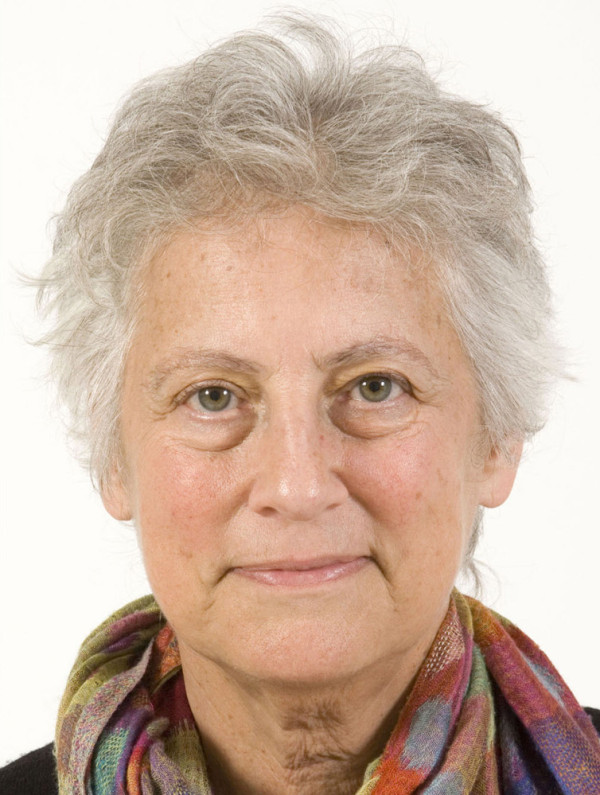Female lunch event with Shoshana Wodak
The EPFL Equal Opportunity office together with CECAM and MARVEL has the pleasure to invite the female students and postdocs to a lunch event with Shoshana Wodak, a pioneer of computational studies of proteins. Her work, starting from the mid 1970s and continuing today, has contributed to shape the field with an inspiring combination of scientific and leadership skills. She has made seminal contributions in the study of protein interactions and has led advanced training programs, research teams, and promoted synergies between academic and applied research.
The lunch event will be the opportunity to discuss on Shoshana’s journey as a woman scientist in her field, and on career choices and decisions she took along the road.
This meeting will take place on Tuesday 4 June, at 12:15 (for about 45-60 min) at EPFL in CM 1 104. Sandwiches and drinks will kindly be offered. Please register here.

About Shoshana J. Wodak
Shoshana J. Wodak earned her PhD at Columbia University, New York, under the supervision of Cyrus Levinthal, who was developing what were then the first and most powerful computational and graphics tools for modelling proteins and protein interactions. Importing and implementing many of these tools to Belgium and France in the late seventies (with crucial support from CECAM (Centre Européen de Calcul Atomique et Moléculaire) in Paris and EMBO), she developed, in collaboration with Joel Janin, the first docking algorithms for the prediction of protein-protein interactions and one of the first procedures for defining structural domains from the atomic coordinates of proteins.
With her team at the Free University of Brussels she then used molecular simulations and bioinformatics approaches to investigate the role of local interactions in stabilizing the native state of proteins, protein structure prediction, protein folding, and fold recognition. Together with her teams at the Free University of Brussels, the European Bioinformatics Institute in Hinxton, UK, and at the Hospital for Sick Children in Toronto, she developed efficient procedures for computational protein design, for simulating protein interactions and conformational changes, and for analyzing protein interactions networks and cellular pathways.
Between 1986-1993, Dr. Wodak was the Scientific Director of the protein engineering team at Plant Genetic Systems, Belgium (now part of Bayer CropScience). Among their success stories was the engineering of more thermostable versions of the xylose (glucose) isomerase enzyme, changing its metal specificity, and pH profile.
Dr. Wodak founded and co-directed the Centre for Structural Biology and Bioinformatics and headed a Master’s program in Bioinformatics. She has been a member of the European Molecular Biology Organization (EMBO) since 1990. She held a Tier 1 Canada Research Chair in Computational Biology and Bioinformatics from 2005-2012 and was elected an ISCB fellow in 2016. She is a member of F1000 since 2017.
Dr. Wodak has been a member of numerous expert panels and Advisory Committees in Europe (ERC, Horizon 2020), US (DOE) and Canada (CIHR), and is on the Editorial Boards of several journals her field.
Since 2001, Dr. Wodak serves on the Management Committee of CAPRI (Critical Assessment of Predicted Interactions), a community-wide international initiative for fostering the development of methods and algorithms for the prediction of protein interactions and complexes, and has been coordinating this effort, since 2013.
Dr. Wodak is currently a Visiting Group Leader at the VIB-VUB Structural Biology research Centre, at the Flemish Free University of Brussels, Belgium. She is a member of the Executive Committee of the Elixir 3DBioInfo Community and serves on the Scientific Advisory Board of Cyclica Inc. in Toronto Canada.
Low-volume newsletters, targeted to the scientific and industrial communities.
Subscribe to our newsletter